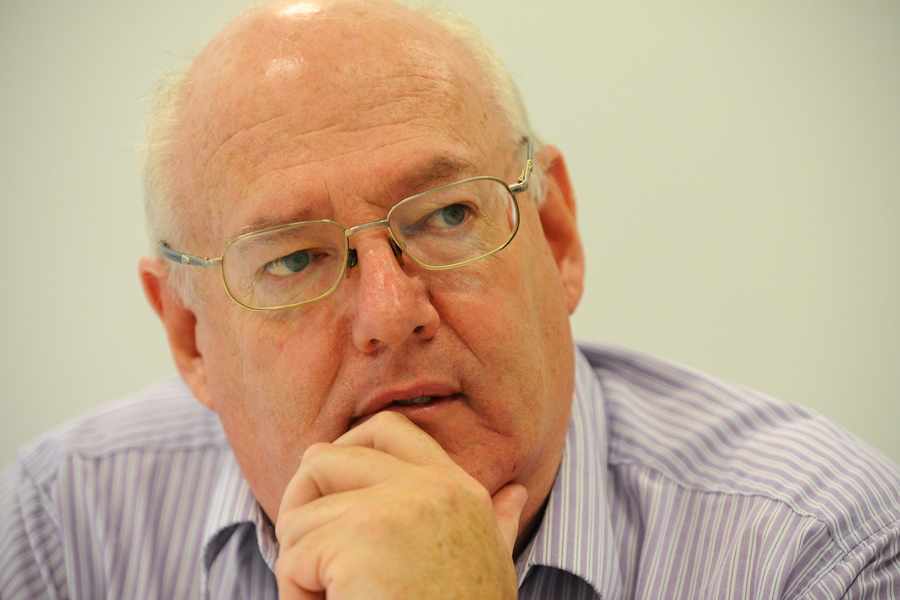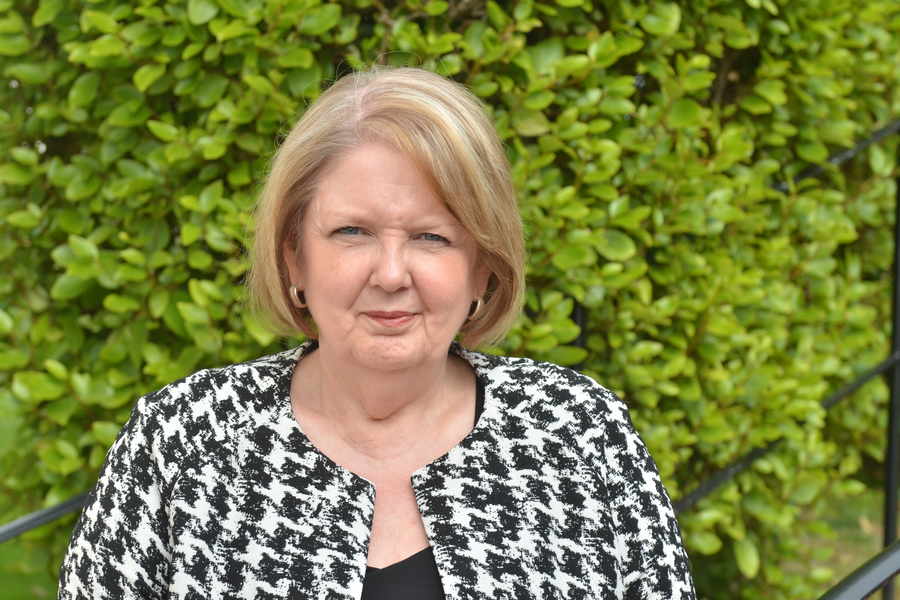It was announced on Friday that States pay will be frozen for 2015, with the exception of nurses and midwives who will receive a 0.4% increase.
It comes days after ministers revealed that £60 million will have to be found in staff savings to help plug a predicted financial shortfall of £125 million by 2019.
Union leaders have hit out at the announcement, saying that it is ‘unacceptable’ for workers to bear the brunt of States savings and are now seeking meetings with the States Employment Board, which sets public sector pay.
Treasury Minister Alan Maclean, who sits on the board, has said that the pay freeze is part of a package of measures to make the public sector more efficient.
However, Nick Corbel, leader of Unite the Union, said that it is unfair that the politicians responsible for creating the financial blackhole were now targetting public sector employees to make up for their failures.
He also warned that public services may be privatised in order to create savings.
‘I am firmly of the belief that it is not in the best interests of the Island to privatise public services, which is something that could happen.
‘I was expecting a lot better from the States. We have done everything we can to help make the sector more efficient. We have done our bit and we do not feel that the States are doing theirs.’
Bob King, Jersey officer for the Prospect Union, which represents civil servants, added: ‘Our members have worked tirelessly to assist in efficiencies right across the civil service. ‘It is likely they will reconsider whether that is time well spent, now their employer has chosen to impose a pay freeze.

‘The States need to recognise that their mess was not created by the staff but they will need the staff to get them through these difficult times – the disregard shown to employees puts that relationship at risk.’
Meanwhile, Chris Keates, the general secretary for teachers union NASUWT, said that the pay freeze was a ‘deep concern’ and that they would be seeking further meetings with the SEB, while Kenny McNeil, chair of the Nurses and Midwives Joint Executive Staff, said that it is ‘shocking that the SEB are expecting nurses to pay the price for a financial deficit not of their making’.
Ministers have previously suggested that compulsory redundancies may be required to deliver the required £60 million in staff savings.
Senator Maclean has defended the pay freeze, saying that the States needed to deliver efficiencies within the public sector and that by freezing pay, the need for redundancies may be reduced.

He said: ‘We are looking at restructuring the public sectors to ensure those services are delivered as efficiently as possible.
‘This is part of a package of £60 million in staff savings. Our expenditure is growing – mostly in staff costs and it would not be fair on the taxpayers if we are not delivering services in the most efficient way possible.
‘We understand that it is very difficult for those involved and we want to work with staff and unions moving forward.’
The States currently employ around 7,000 civil servants at a cost of about £1 million per day.






